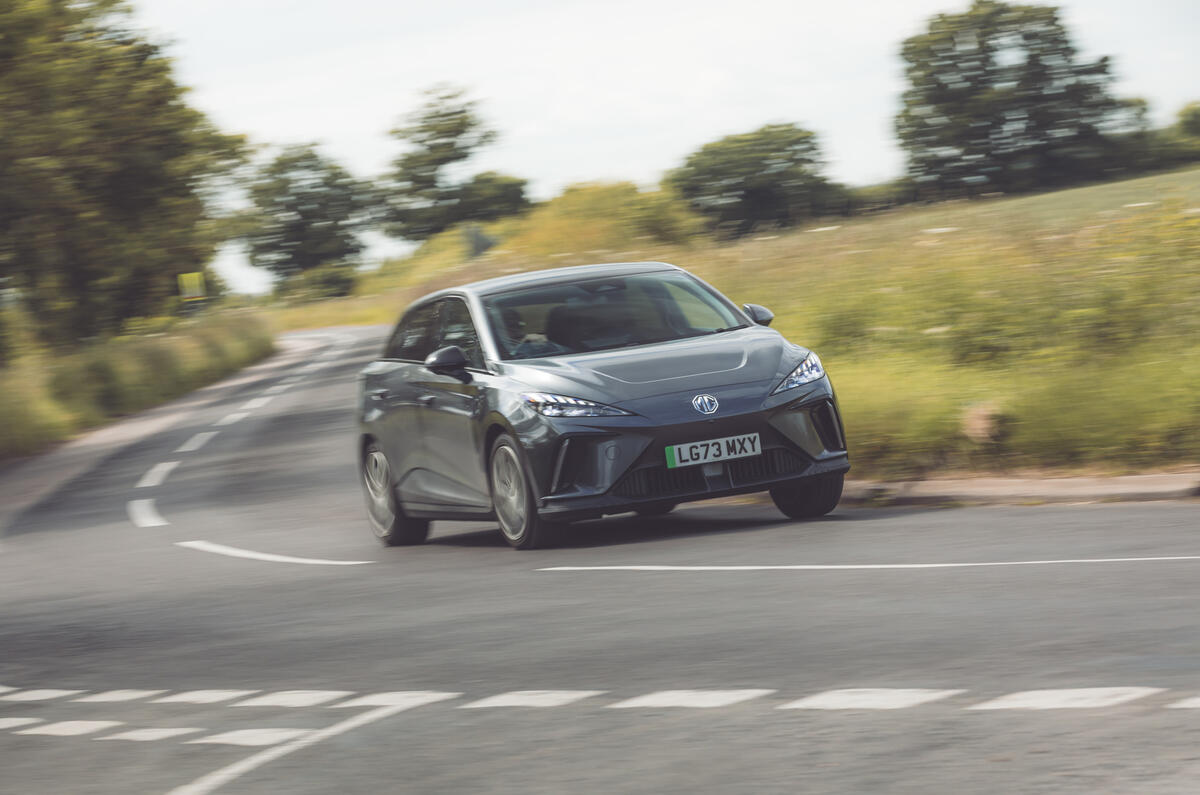Chinese car makers importing to the UK are seeing signs that the country is not planning to follow the European Union's increase in tariffs on China-built electric vehicles.
“What I heard is that the UK will not follow the European Union,” Victor Zhang, managing director of Chery in the UK, told Autocar at last weekend’s Goodwood Festival of Speed. "I think that would be a wise decision."




Add your comment